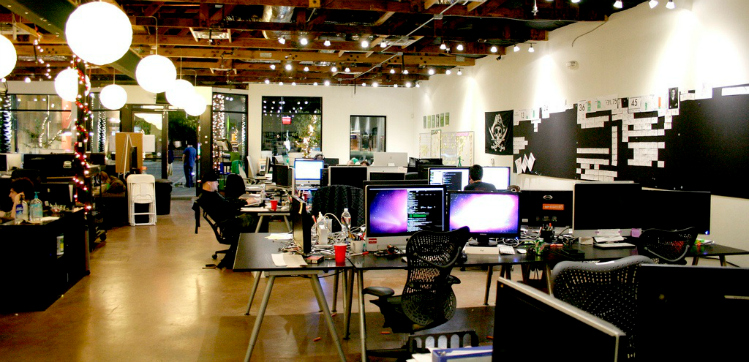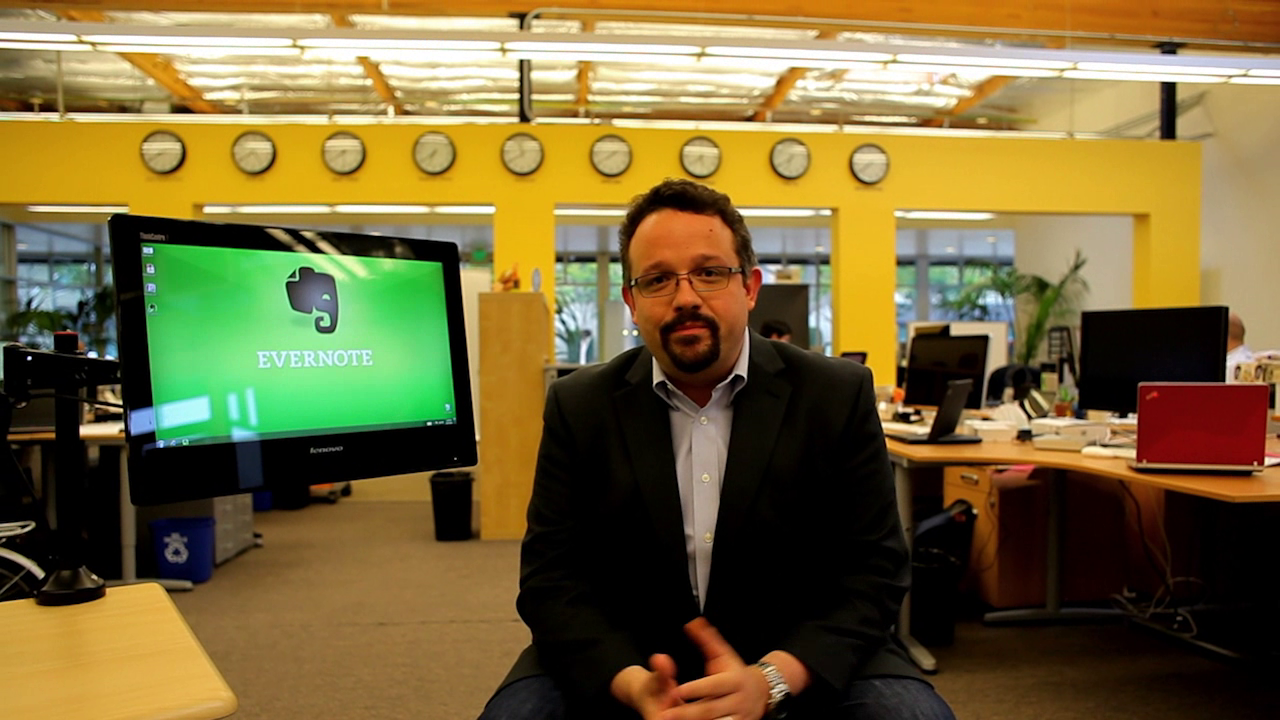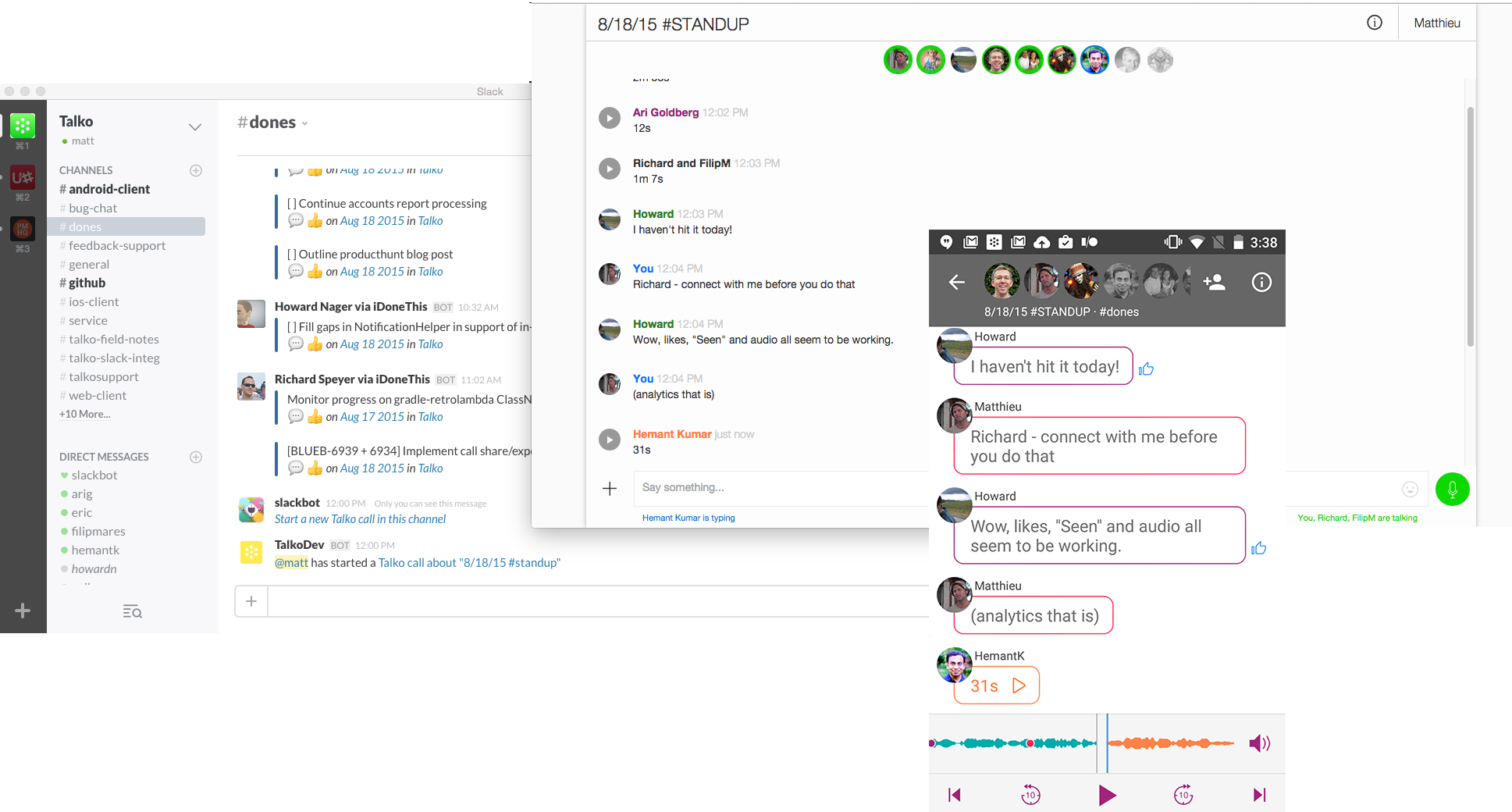
Try stealing money from your company’s bank account and you’re behind bars for a very long time. Steal thousands of dollars from the company in another way, and you’re a forward thinking go-getter.
We’re talking about time, and the countless hours wasted in frivolous meetings every day. Because time is what people exchange for money at work. And time is more precious than money. You can’t grow time. You can’t set some aside now and have more of it to spend later. You can’t use it foolishly and get a refund the next day. Time comes and goes, regardless of what you do with it.
That’s what makes frivolous meetings even more wasteful. Say you pull 10 people into a meeting that runs 90 minutes. Say the average hourly cost of each employee (after benefits, overhead, etc.) is $50 per hour. That’s a $750 meeting. Run that meeting once a week, and that’s a nearly $40,000 cost.










